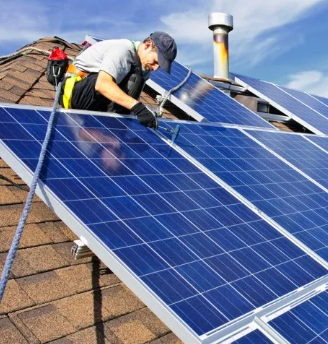Worried about someone stealing your home on paper? You’re not alone. Title and deed fraud is one of the fastest-growing real estate scams in 2025. It doesn’t happen every day, but when it does, the fallout is messy — and expensive.
👉 Quick takeaways (scroll down for details):
Title fraud is rising — real estate pros are reporting more cases than ever.
It often starts with a forged deed or fake ID — scammers record a false transfer or lien.
Vacant, rental, and even owner-occupied homes get targeted.
AI tools are making forgeries harder to spot.
HomeCapShare’s title monitoring gives you alerts and tools to act fast — so fraud doesn’t go unnoticed.
What Title Fraud Looks Like in 2025
Imagine waking up to find out someone recorded a deed transfer on your house without you knowing. Maybe they forged your signature, maybe they impersonated you at the county clerk’s office. From there, the scammer could try to sell your home, take out a mortgage, or file liens.
In 2025, the problem is getting worse:
Industry surveys show over half of real estate professionals have seen cases of deed/title fraud in the past year.
Cyber-enabled scams (AI-generated documents, deepfakes, phishing emails) make it easier for fraudsters to sneak through.
The FBI tracks thousands of complaints a year, with losses hitting hundreds of millions.
While vacant land and investment properties are common targets, owner-occupied homes aren’t off the hook. Fraudsters are getting bolder.
Why Most Homeowners Don’t See It Coming
Title insurance doesn’t cover everything. It protects against old issues at closing, not new fraud after you move in.
Not every county has an alert system. Some do, some don’t, and even the ones that exist aren’t always user-friendly.
Fraud is sneaky. You may not discover a forged document until you try to refinance, sell, or pull equity.
By the time you know about it, undoing the damage means lawyers, court filings, and months of stress.
How HomeCapShare Title Monitoring Helps
Here’s where HomeCapShare’s financial hub steps in:
Instant alerts: Anytime a new document is recorded against your property, you’ll know right away.
Smart monitoring: We flag suspicious patterns — like odd grantor names, quick back-to-back transfers, or unusual liens.
Risk awareness: We keep an eye on properties that scammers love to target (vacant, seasonal, or rental homes).
Guided next steps: If something looks off, you’ll know what to do: get certified copies, involve the county clerk, or contact legal help.
Peace of mind: Title monitoring isn’t a guarantee (and it’s not a replacement for title insurance), but it means you’re not left in the dark.
Bottom Line
Title fraud thrives in silence. The longer it goes unnoticed, the harder it is to fix. HomeCapShare’s monitoring is designed to flip the script: keep you informed, put you in control, and help protect the equity you’ve worked hard to build.
⚠️ Important Disclaimer
HomeCapShare’s title monitoring is provided as a free informational service only. It is not title insurance, legal advice, or a guarantee of protection against fraud. Monitoring services cannot prevent fraud or stop a bad actor from filing a document with the county recorder’s office. They simply provide alerts based on publicly available information to help you stay informed.
If you believe fraudulent activity has occurred, you should consult a licensed attorney, contact your county recorder’s office, and notify law enforcement immediately. HomeCapShare assumes no responsibility for any losses, liabilities, or damages arising from reliance on this service.



